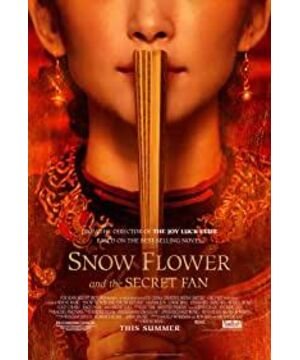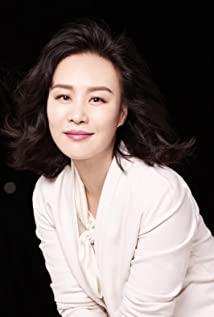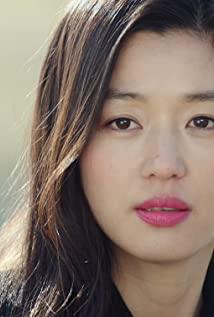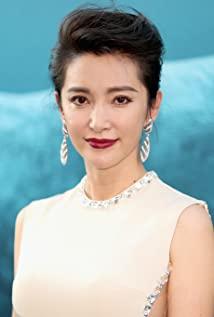In contrast to The Age of Mythology, there is the Age of Mythology, the modern story of Nina and Sophia. Here, we clearly see how the ancient and fascinating myth of "Lao Tong" has been displaced and broken in the era of capitalist globalization. At this point, the movie is more intuitive than the novel, with actors faces from different countries (Asian, white, male, female), different urban spaces (Beijing, Shanghai, New York), mixed languages (English, Chinese, Korean) , especially the proficient use of more than two languages by several main actors, which shows us the charm and alienation of ethnic diaspora and mixed identities with extraordinary clarity). Of course, there is also the video style, the warmth, integrity, weight, and clarity of previous life stories, contrasting with the cold, broken, ethereal, and trance of modern stories (especially those omnipresent, overlapping mirror images). So we can try to return to the personal identity of the group of creators (American/Chinese/female) Lisa Kwong-Wendi Deng-Wang Ying. Who am I? I am not Chinese or American, not the repressed old East nor the free modern West, but I am at least a woman. Here, issues of gender attempt to overshadow issues of race and class, providing at least a solid fulcrum for the legitimacy of personal identity, but this overshadowing fails again and again (in the film, whether it's Snowflake and Lily, or Nina and Lily) Sophia's drifting away shows the powerlessness of this cover). What exactly is a woman? It is the aphasia and anxiety in the face of these issues that call for the construction of female identity. Thus, through the rewriting of forgotten and lost memories of past lives, myths emerge from the history of the distant homeland/foreign land.
In the modern story, Nina finally gained a place in the global capitalist hierarchy with her own efforts, but she was alone and had nothing to rely on. Loss and wandering became the deepest symptoms of this group of "world citizens", prompting her to set foot on "" A Journey to Roots". Sophia's novel and her work of writing memories of her past life have become a cure, and become the "sublime object of ideology" that Nina seeks. At the end of the story, Sophia finally opened her eyes from her long coma and returned with a long lost female myth, bringing a touch of fragile comfort to the lost in reality. However, to what extent can narratives about the past change where we are in the present? How effective is this sweet and bitter potion in bridging/repairing the various fractures and differences in modern personal identity? After waking up, Sophia can still share with Nina as intimately as Nina returns to the Garden of Eden, as promised by the "Old Tong" myth? In this regard, every audience may have their own doubts.
View more about Snow Flower and the Secret Fan reviews











